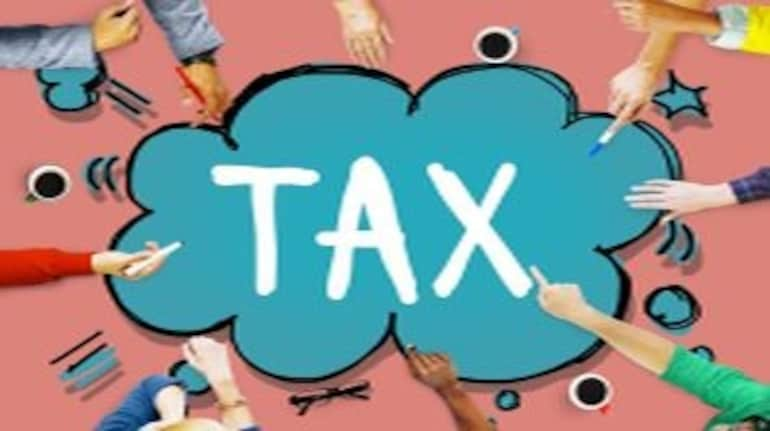



Vaibhav AgrawalThe Finance Minister (FM) Arun Jaitley will present NDA’s fourth Budget under the current term on February 1, 2017. This is a unique Budget which will see the merger of Rail Budget and move away from plan and non plan expenditure. This is coming after an unprecentnded move to demonetise high-value currency bills.
The sudden liquidity crunch after the note ban has seen consumption sectors such as auto, real estate, building materials, consumer durables, etc., take a severe beating. The rural economy has also been adversely affected as cash crisis led to a slowdown in the small scale businesses resulting in job losses. However, the economy is expecting remedial action through the Budget.
We believe that the government is likely to take corrective measures which would offer remedy to the demonetisation wounds. In our opinion, an increase in the personal income tax slab limits and reduction in corporate tax rates is expected to be the highlight of the Budget in order to revive the consumption cycle. The Prime Minister’s on December 30, 2016 announced various corrective measures to fix the rural economy, such as affordable housing, interest subvention, credit support for small businesses, etc. We expect more measures in the upcoming Budget to remove distress from rural economy.
Over the last three years, government has achieved significant progress towards achieving Fiscal Responsibility and Budget Management (FRBM) Act target of 3 percent. We believe that the government is likely to relax its FY2018E fiscal deficit target of 3 percent by 30-50 bps. This will increase its spending ability by Rs 50,000 crore-Rs 80,000 crore in FY2018E. The government is also expected to step up rural infrastructure spending, which may partially pressurise its financials; however, the one-off gain of about Rs1 lakh crore by taxing black money deposits supports these spends without pressurizing the financials. The collection of lower one-off taxes from the black money deposits, however, may pose risk to FY2018E fiscal deficit.
We believe that government’s aim is to leave consumers with more disposable income and fuel the consumption demand. Therefore, lower tax rates will play an important trigger, as interest rates have come off in a big way. With banks retaining low cost deposits, their cost of funds is expected to remain low for a long period, indicating that interest rates will also remain low going ahead. The low interest rate and tax cuts would accelerate revival in consumption demand.Overall, we expect lower tax rates to boost consumption, infrastructure spending to revive capex cycle, and rural schemes to remove distress from rural economy.(Author is Vaibhav Agrawal, Head of Research & ARQ at Angel Broking)
Discover the latest Business News, Sensex, and Nifty updates. Obtain Personal Finance insights, tax queries, and expert opinions on Moneycontrol or download the Moneycontrol App to stay updated!
Find the best of Al News in one place, specially curated for you every weekend.
Stay on top of the latest tech trends and biggest startup news.